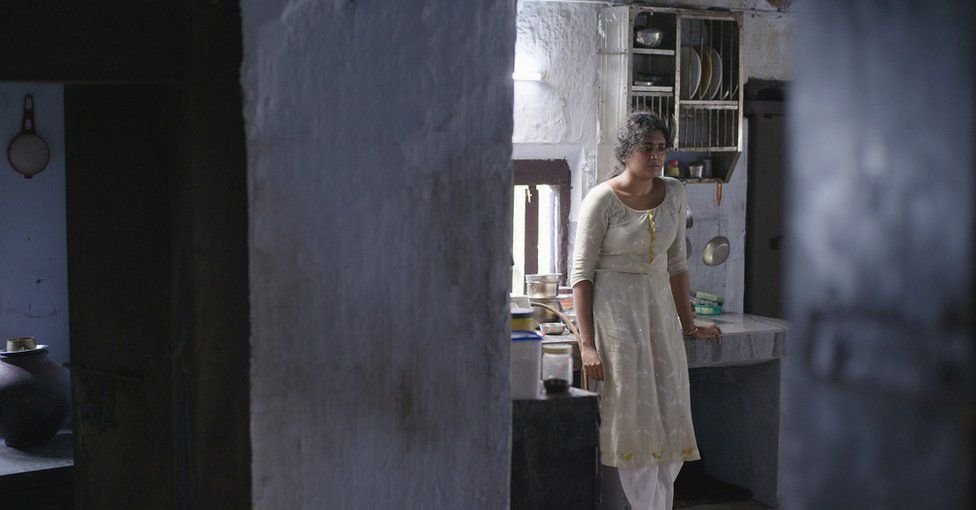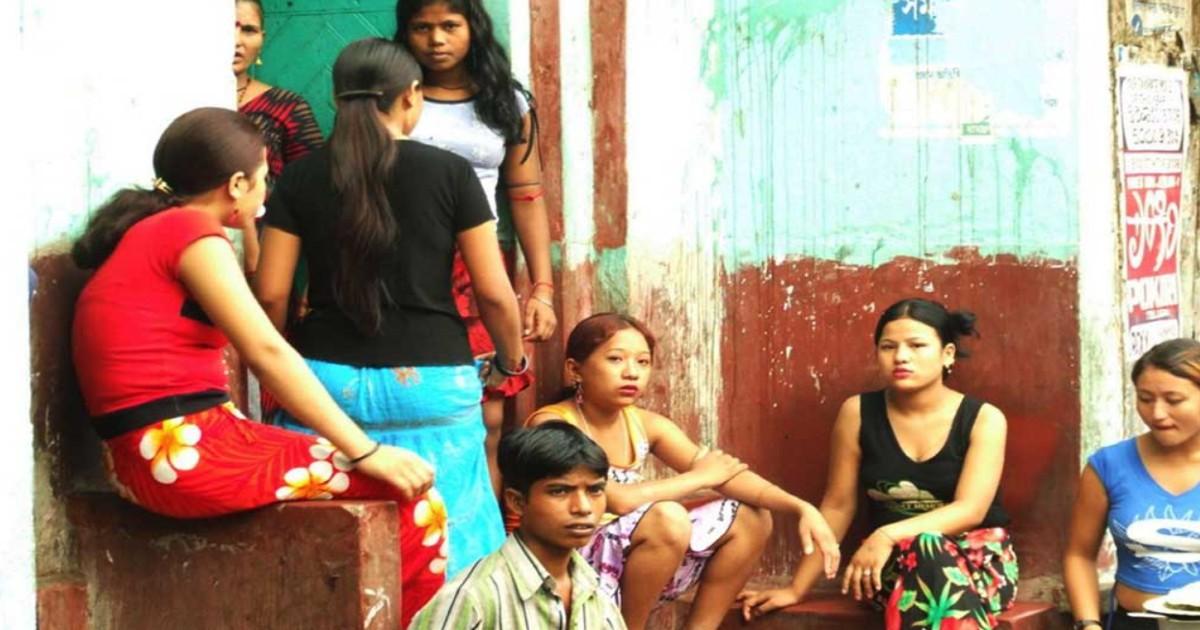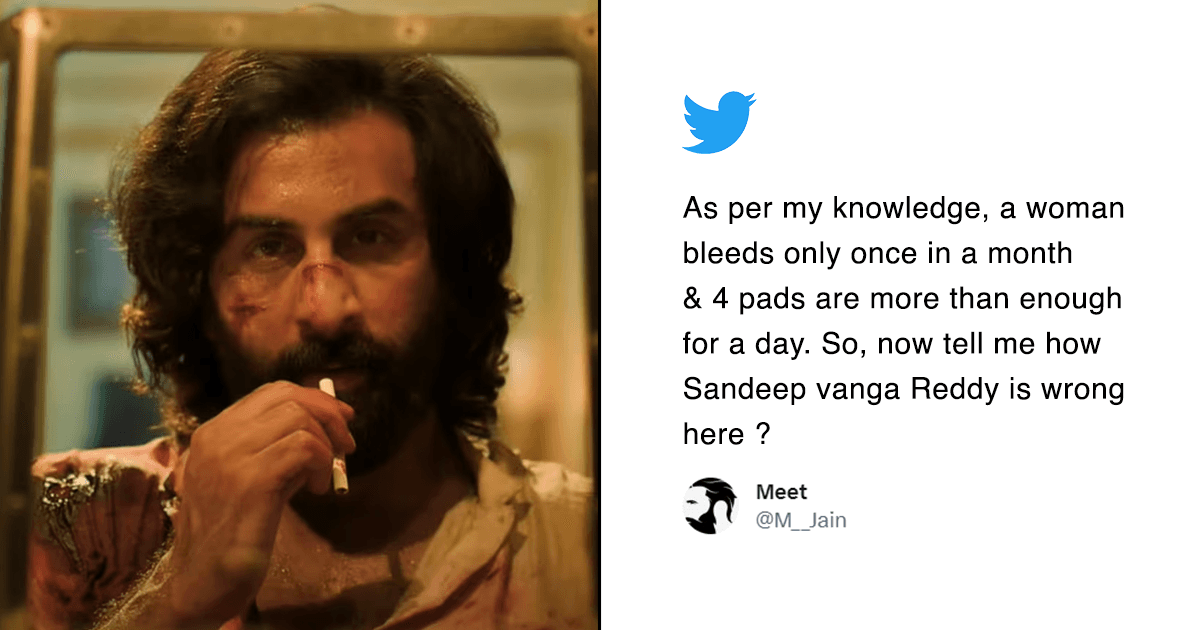Unconditional love — an argument used by and large to advocate women’s unpaid labour in Indian households. Mother’s love is unique, a woman can make sacrifices like no other, she devotes her life to her children and family — haven’t we all heard these statements at some point?
And, over the years, we might have convinced ourselves to believe that the patriarchal notion employed to oppress women is actually how she fulfils her duty towards her loved ones.

Young women are given examples of the older generation to justify the legacy of women’s duty (of course household chores) and their way of life, originally imposed on them and now a tradition.
Last year, we saw a mother doing kitchen work on oxygen support and the act being praised on the internet. Some even romanticised the incident and defended it by saying that it could be her choice. Yes, of course, it could be. But years of patriarchal oppression can easily make women succumb to the conditioning. One could be gaslighted to an extent where lines get blurred between love and slavery. How do you argue with that?
This is not love. This is slavery in the name is social structure. இதுக்கு நாம வெக்கப்படணும் சென்றாயன் pic.twitter.com/W72ZdlEhtc
— Naveen Mohamedali (@NaveenFilmmaker) May 21, 2021
A similar debate kicked off on Twitter when a user of the micro-blogging site, Alishba, shared an incident where her aunt spent the whole day cooking when she had to get operated for breast cancer the very next day. Since she won’t be able to feed her family while she’ll be recovering following the operation, the woman prepared the meals in advance.
My khala is getting operated for breast cancer tomorrow & she has spent the whole day cooking dishes so her family has something to eat till she recovers in the next few days. Sounds very dystopian but this is what’s expected of women here & they don’t even object.
— Alishba (@alishbabrar) January 11, 2022
The user asserts that is “expected of women” there and the family doesn’t even bother to object. No one can confirm whether it’s a choice or not.
Expectedly, some of the comments that followed aimed at schooling the woman, pointing out the problematic tradition, and claim that she is bringing a “negative aspect” to an otherwise common act.
It’s not what people expect her to do.. its her loving and caring nature. I’ve seen white and black ladies doing such things for their family too. We don’t have to bring a negative aspect in everything sweetheart.
— fouzia 🇵🇰 (@Choesahaiba47) January 11, 2022
And without any delay a valid point was made to dismiss the whole “positive outlook”.
Loving & caring nature can take rest for few days.This is internalized patriarchy that makes u think you can’t prioritize ur health over ur family for few days.Kuch din khana bana lenge/order kar lenge toh kuch ho nahi jayega.
— Twitt3r’s Moira Rose!! (@Chhokkwangun) January 12, 2022
Also,everything white & black ladies do isn’t right.
Surely, some of them aren’t expected to but do so willing. And that was made clear by a Twitter user. Well, good for you ma’am, but not the case with everyone.
Not all of us are expected to do this, don’t generalise. I’ve cook enough food and kept in the refrigerator for my family while I’m away. They can order in, sure, but it’s me who does this out of love. They ask me not to, they’ll manage.
— Varsh (@varshabagadia) January 12, 2022
Yes, did you consider that?
I think this girl knows her Khala better than you?
— Fatima Fakhir Musharraf (@witchdemigodjay) January 12, 2022
Mnay other users narrated similar incidents which visibly points out the issue.
I cooked food same day after miscarriage of eleven weeks gestation and breakfast next morning after preterm delivery of 28 weeks(child survived for few hours). No one bothered.
— 1q (@1q97355014) January 11, 2022
She’s a cancer patient who absolutely needed to rest the day before the operation. Her family stood around and watched her work? They didn’t take on the tasks or reassure her? They didn’t serve her during her weakest moment? Who treats their mother or wife like THIS?
— Sarah (@crying_today1) January 12, 2022
So relatable my Khala (May she RIP) was hospitalised once with a cannula in her veins and she rushed home to prepare iftari for her in-laws, not forcibly but just out of the guilt of mehmaandaari..I was too little to call them out but this is soooooo wrong 😑
— Desi Typowala (@hamzamjad) January 12, 2022
Sorry to say the expectation is always there. I had three caesarean’s ,chemotherapy and three other operations. I cooked and cleaned through it all. Sometimes it was so difficult, I did not do it out of love but obligation.
— Sana Khawar (@Khawar11Sana) January 12, 2022
Women in our own families, at times, have unknowingly tried to pass on this legacy to us as values. The patriarchal norms have been gladly accepted as the way of women’s life.
None of us need the Devi status or ‘Supermom’ label in exchange of unpaid labour, for sure.

















